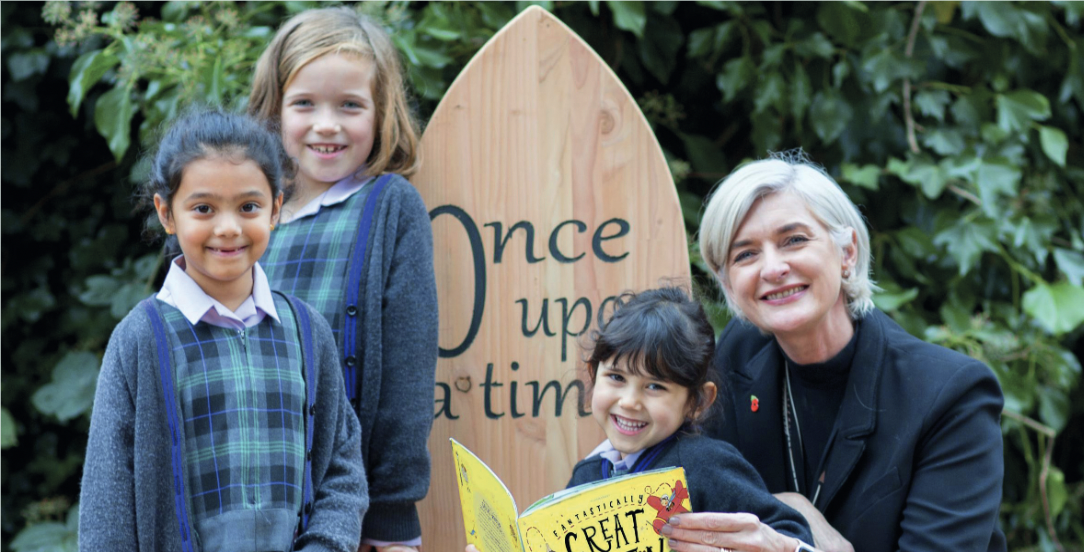
The Girls’ Day School Trust’s (GDST) ‘The Girls’ Futures Report’ examines the challenges girls face as they leave school and sets out the actions required to equip girls across the country to lead the lives they want.
GDST, the UK’s leading network of girls‘ independent and academy schools, has released research as part of its 150th anniversary, spotlighting the ambition and aspirations of girls aged 9 to 18, and the barriers that need addressing to support their futures.
The Girls’ Futures Report uses data from a nationally representative study of girls across state, academy and independent schools to explore the mindset and perspectives of young women on the key issues they face – including confidence, skills, leadership, future of work, and online misinformation.
Key findings revealed:
- Redefining traditional perceptions of leadership: Girls are twice as likely to say they want to do a job they enjoy than to be rich; they are nearly three times as likely to prioritise being healthy and safe than a leader; and also twice as likely to prioritise being respected than being a leader. Few girls see the spoils of traditional leadership such as salary, prestige or power as aspirational but they do prioritise honesty, integrity and resilience as qualities they believe leaders should possess
- Preparing for the adult world: Only 8% of girls in secondary school feel that school fully prepares them for the adult world, although two-thirds believe it prepares them for some aspects. Girls want to be taught more practical skills with only one in 10 girls in senior school saying they felt school had provided adequate guidance around financial education. Only 10% say they learn enough about different ways to earn money, and only 16% about what the working world will be like
- Girls prioritise making a difference: 83% of girls in senior school want to do a job that they enjoy and two-thirds want to make a difference to society through their careers. Three quarters believe it is their generation’s responsibility to make the world a better place
The research, carried out in conjunction with research agency YouthSight, was drawn from a survey completed by 1,358 girls aged 9-18 from across England and Wales along with expert insights from a range of prominent voices in the field – including Anna Whitehouse, founder of Mother Pukka and Flex Appeal; Gina Miller, Campaigner and Leader of the True & Fair Party; and Dr Nihara Krause, Consultant Clinical Psychologist.
Cheryl Giovannoni, Chief Executive of GDST, said: “All girls should be able to reach their ambitions and goals and have the confidence and conditions to design the future they want. We need to work collectively to put the best support in place to make that happen for all girls. We must work together to give them an education that is relevant beyond the classroom and ensure they have the tools to tackle the challenges they face in today’s world.”
Jude Kelly CBE, CEO and Founder of The WOW Foundation, commented: “It’s encouraging to see that girls and young women of today are driven by purpose and they feel able to shape their futures in that way. Young leaders like Greta Thunberg and Malala Yousafzai – and others focused on mission-led campaigns – are serving as an inspiration, and I’m confident we’re on the cusp of a new generation of female leaders emerging in a values-driven world.”
Seven Hills provided creative support for this project, interviewing students, alumnae and experts, and copywriting and designing the full report. The team also supported on media relations, leading to coverage in The Times, and BBC Radio 4’s Woman’s Hour.